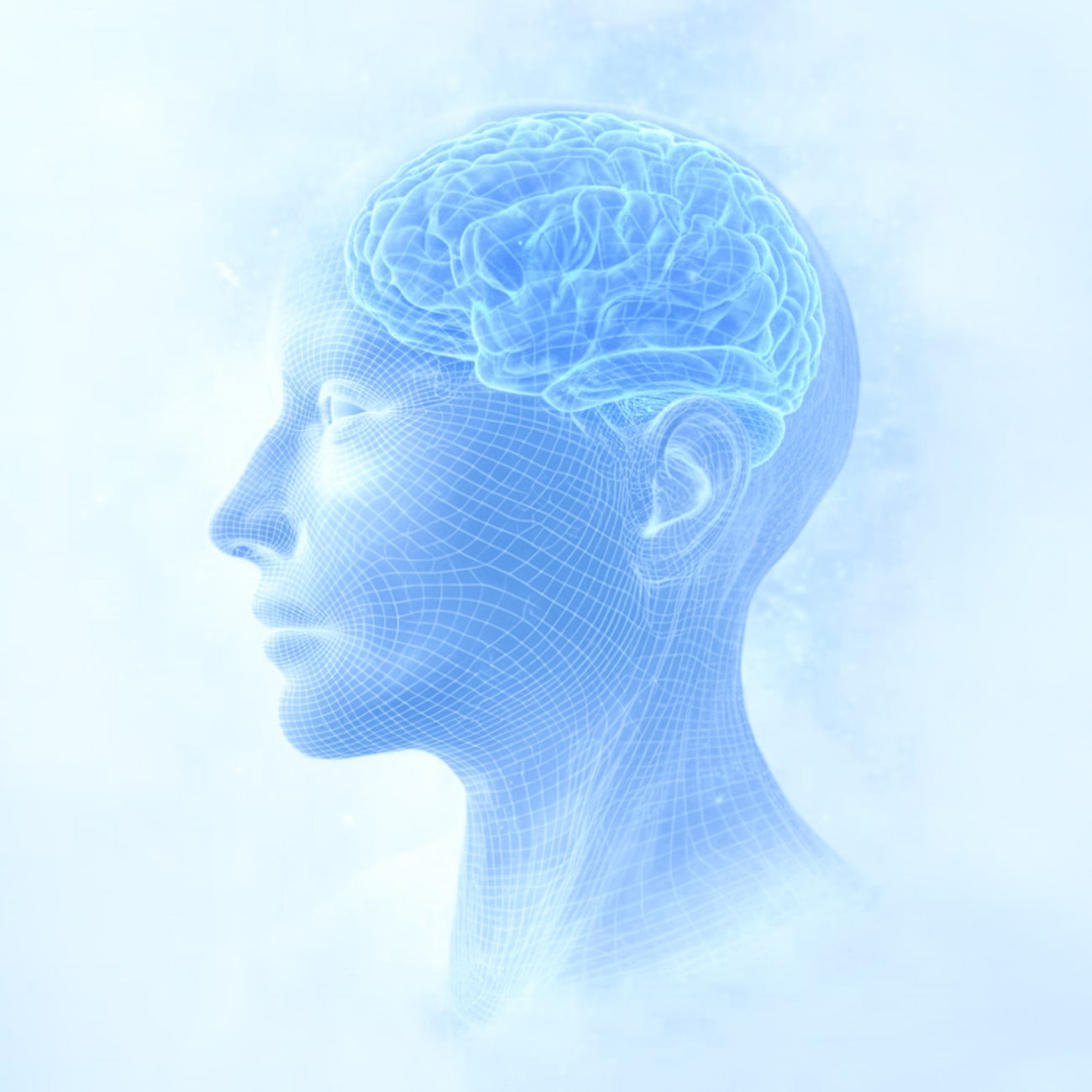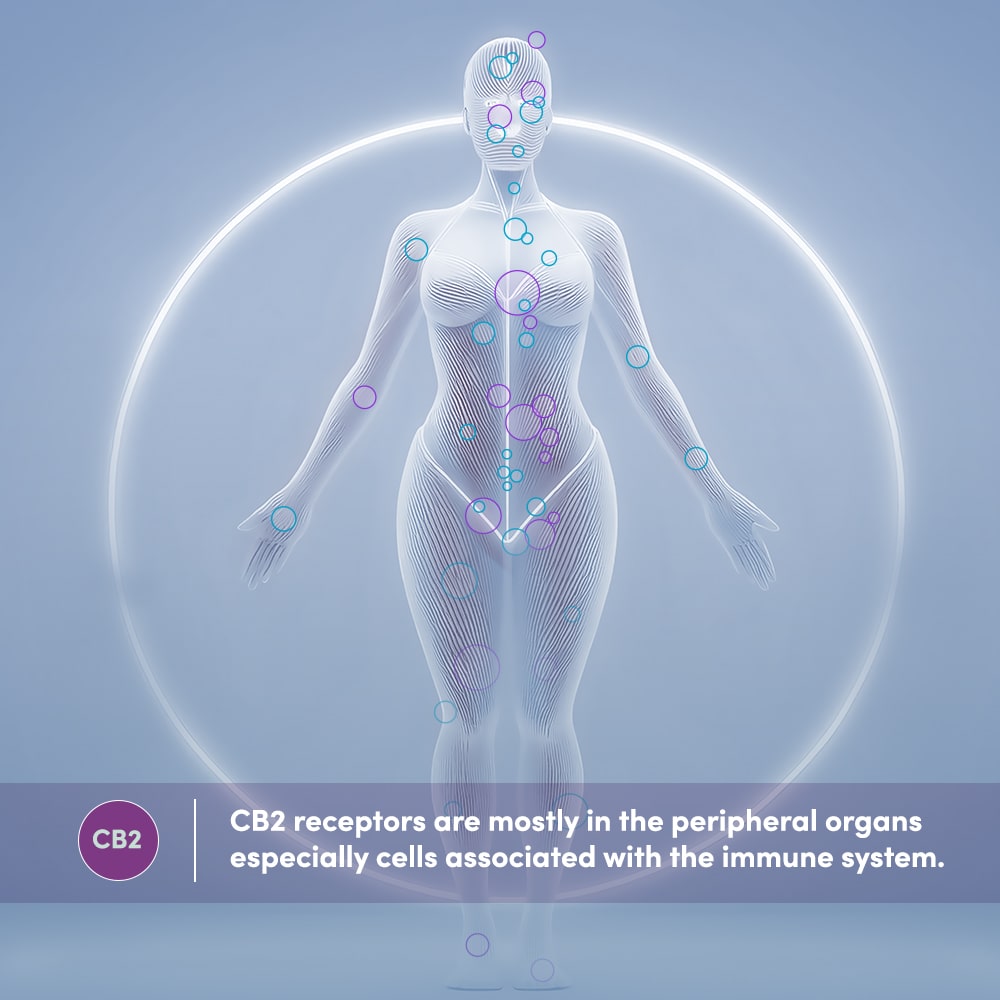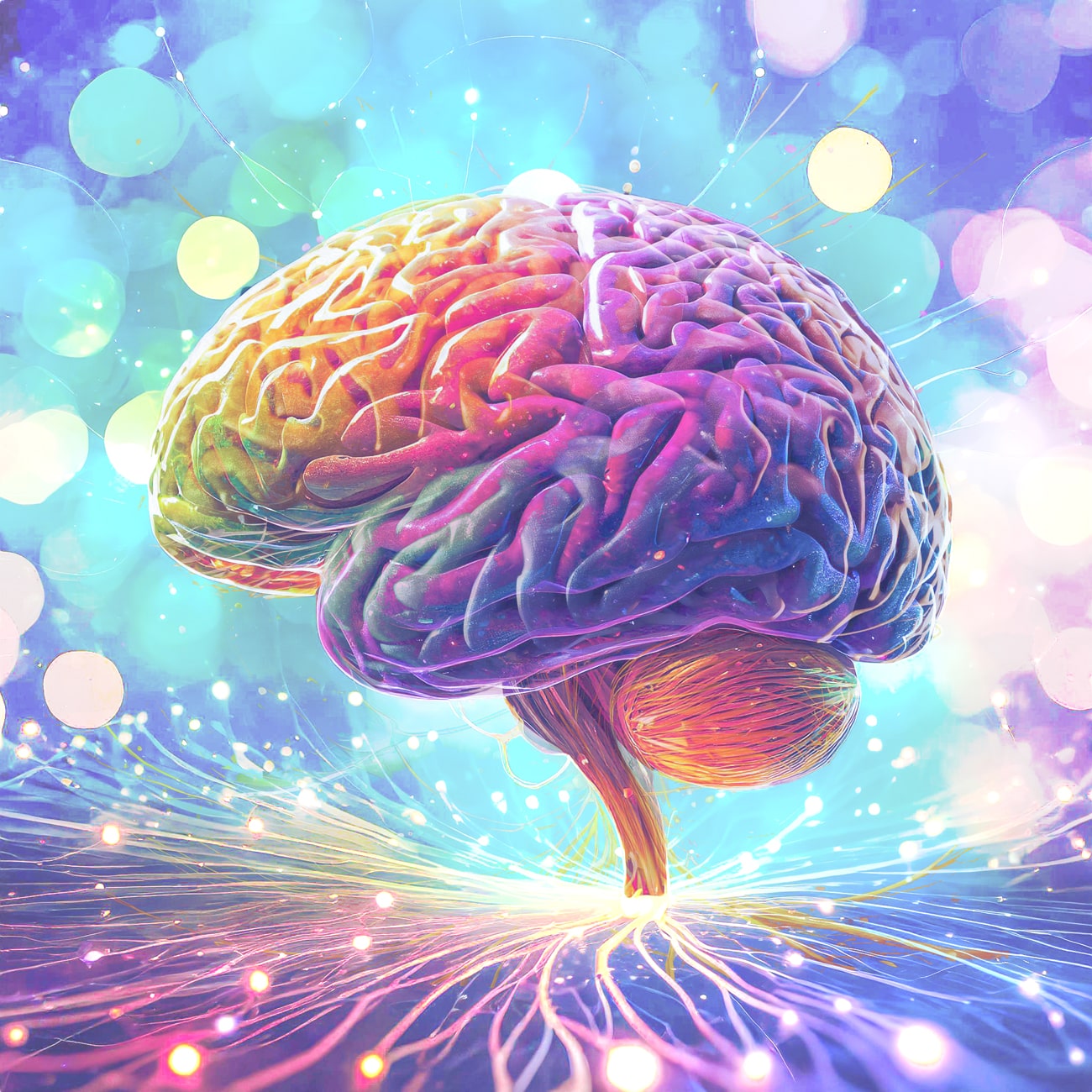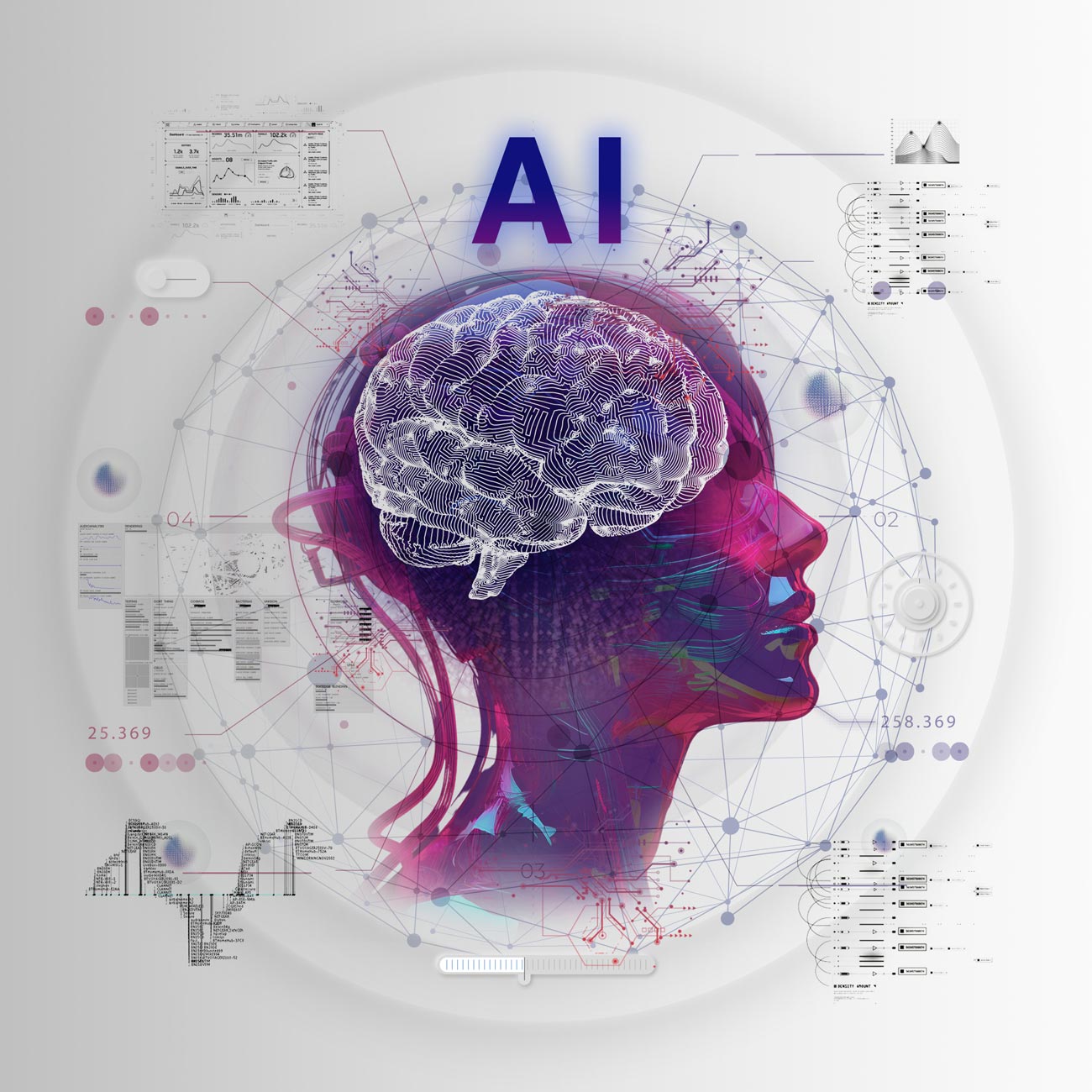
Healing from within: Gut Health Strategies That May Slow Alzheimer’s progression
Scientific breakthroughs have the potential to transform our understanding of disease and open new avenues for treatment. In Alzheimer’s research, one of the most recent and unexpected advances has emerged from the study of the gut. Researchers have discovered surprising links between gut bacteria and brain health, offering potential breakthrough therapies to help fight Alzheimer’s Disease.









